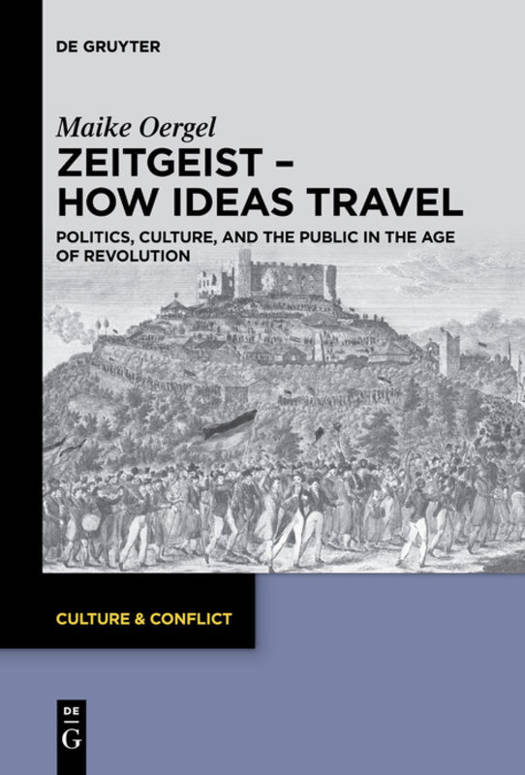
- Afhalen na 1 uur in een winkel met voorraad
- Gratis thuislevering in België vanaf € 30
- Ruim aanbod met 7 miljoen producten
- Afhalen na 1 uur in een winkel met voorraad
- Gratis thuislevering in België vanaf € 30
- Ruim aanbod met 7 miljoen producten
Zoeken
€ 30,45
+ 60 punten
Uitvoering
Omschrijving
This book investigates the emergence of the modern concept of zeitgeist, the notion of a pervasive contemporary coherence, in the late 18th century. It traces zeitgeist's descent from genius saeculi and investigates its association with public spirit and public opinion before surveying its prominence around the Wars of Liberation in Germany and during the politically restless 1820s in England. This trajectory shows that zeitgeist emerged from the 18th-century discourses about culture and the public functioning of social collectives. Under the impact of the French Revolution the term came to describe social processes of political and cultural challenge. Zeitgeist was discussed as a social dynamic in which emerging elites disseminate new ideas which find enough public approval to influence cultural and political behaviour and practice. These findings modify the view that zeitgeist eludes critical grasp and is mainly invoked for manipulative purposes by showing that the zeitgeist discussions around 1800 contributed to the formation of modern politics and capture key aspects of how ideas are disseminated within societies and across borders, providing a way of reading history horizontally.
Specificaties
Betrokkenen
- Auteur(s):
- Uitgeverij:
Inhoud
- Aantal bladzijden:
- 350
- Taal:
- Engels
- Reeks:
- Reeksnummer:
- nr. 13
Eigenschappen
- Productcode (EAN):
- 9783110736731
- Verschijningsdatum:
- 7/12/2020
- Uitvoering:
- Paperback
- Formaat:
- Trade paperback (VS)
- Afmetingen:
- 156 mm x 234 mm
- Gewicht:
- 539 g

Alleen bij Standaard Boekhandel
+ 60 punten op je klantenkaart van Standaard Boekhandel
Beoordelingen
We publiceren alleen reviews die voldoen aan de voorwaarden voor reviews. Bekijk onze voorwaarden voor reviews.











